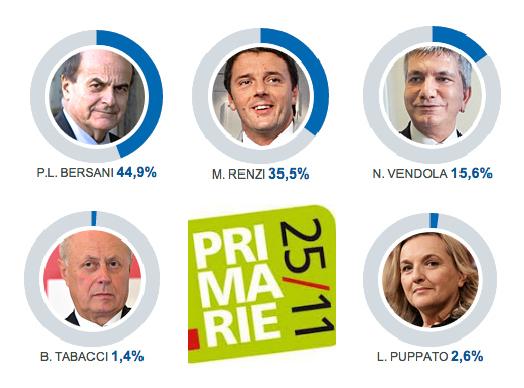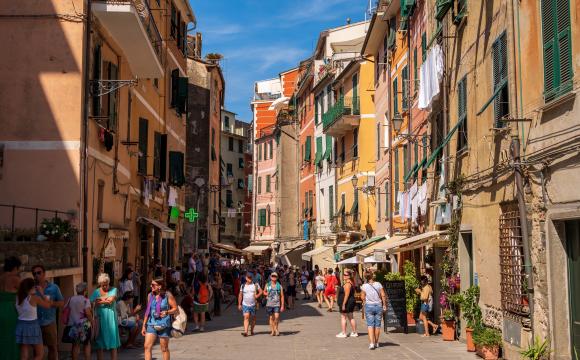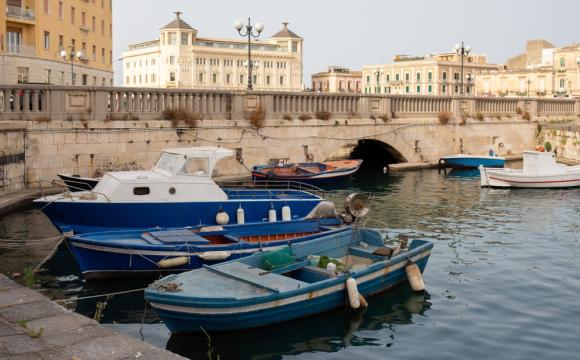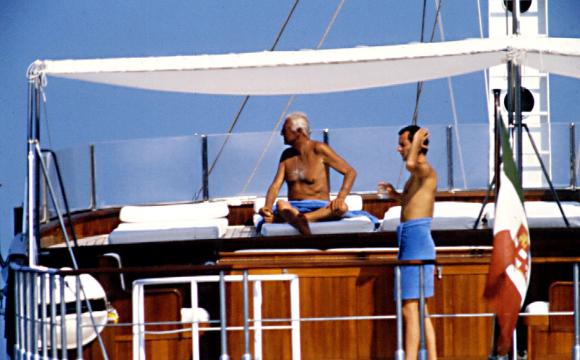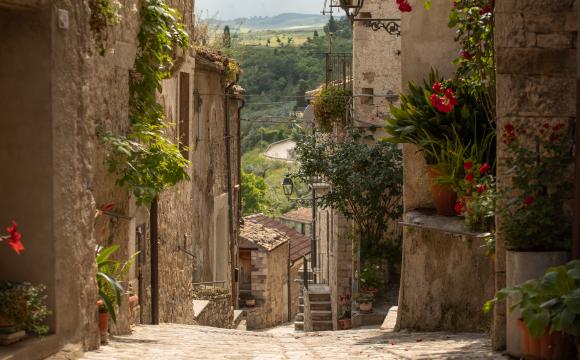Italy’s centre-left voted on Sunday to choose who will be the leading contender to succeed Mario Monti as prime minister in the next general election in 2013.
Bersani, current head of Italy's Democratic Party, won the first round and will face his main rival Matteo Renzi, mayor of Florence, next week.
Bersani led with about 44%, ahead of Renzi who was on around 36%, according to party officials. Both candidates have pledged to maintain the budget discipline pursued by Monti's technocrat government and to respect Italy's commitments to its European partners. Both also say they will encourage growth and not blindly pursue austerity policies.
Nichi Vendola, governor of Apulia and leader of Left, Ecology, Freedom party that is poised to run in coalition with the PD at next year's elections, was third with 15.6%.
Laura Puppato, a businesswoman and PD councillor in the Veneto regional assembly, and Bruno Tabacci, town councillor in Milan and member of the centrist Alliance for Italy party that is also set to run in coalition with the PD, got 2.6% and 1.4% of the votes respectively.
The fact that over three million people voted in the first round of the primary was hailed as a big success for the centre-left both by the candidates and by political pundits. When former Prime Minister Romano Prodi called for a primary election in 2005 to gain the official leadership of the centre-left coalition, primary elections were a novelty in Italian politics, as the proportional system in place until the early 1990s was supposed to present sufficient variety to voters. So now party officials are saying that the strong turnout at the poll on Sunday, with over 3 million party and non-party voters, not only ensured the next centre-left leader would be chosen in a fair way but also established the importance of primary elections in Italian politics .
Berlusconi's center-right People of Freedom (PdL) party is supposed to hold its own first primaries on December the 16th with over 10 candidates, but PdL secretary Angelino Alfano said that the election would no longer make sense if the former premier should decide to stand.
